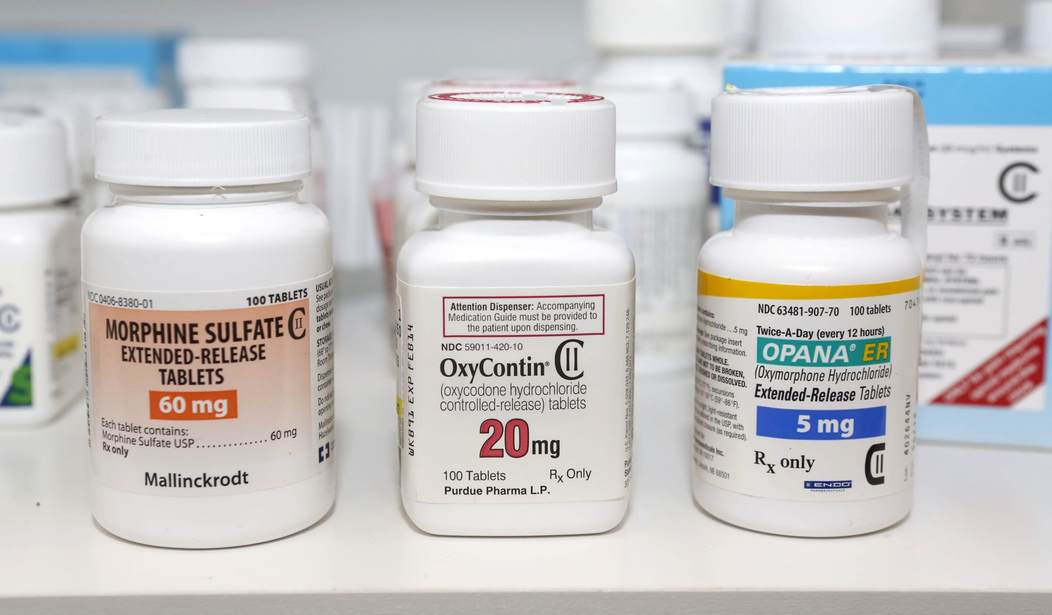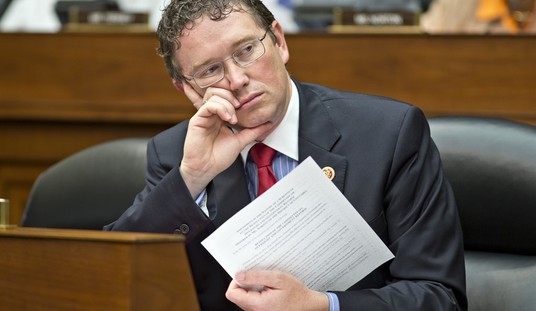WASHINGTON – Despite the passage of Obamacare, former Rep. Patrick Kennedy (D-R.I.) said insurance companies are still not treating opioid addiction like other illnesses.
“The insurance parity is still not the law of the land because we do not require insurance companies to disclose their medical management practices, which is the insidious way where they deny access to treatment for mental illness and addition,” Kennedy said during an American Enterprise Institute discussion, “The opiate crisis: How can public policy promote recovery?”
“The endgame here is we just want addiction treated like the disease that it is — that’s the end game. And there are lots of things we can do today to help make that a reality so there aren’t as many people dying of overdose every year, who are dying simply because of our neglect,” he added.
Kennedy criticized the Substance Abuse and Mental Health Services Administration for “taking its time” in putting out the regulations to implement the Comprehensive Addiction and Recovery Act of 2016 while opioid addicts die each day.
“People are dying every day. Literally, today, FDA is sitting on the release of medication that can also augment what’s available out there for people with opioid addiction. People are dying every 19 minutes. This is about a sense of urgency,” he said.
“If this were any other illness there would be marching on Washington right now and people would be throwing up their hands and saying, ‘What are you doing about this?’ Instead, we get a bill passed and no funding. Instead, we’ve got an administration who says they are going to do something about it — their regulations on implementation are not forthcoming,” he added.
Kennedy, former House Speaker Newt Gingrich and CNN political commentator Van Jones are founding advisors of Advocates for Opioid Recovery (AOR).
Gingrich, who joined Kennedy and Jones at the event, said patients need to go through a “long-term” process to fully recover from opioid addiction.
“The long-term goal would be to help the person initially be able to cope with the physiological effects of their brain having been rewired and then over time go through the process of cognitive change and be able to, ultimately, over a long period of time be waned off,” he said.
“I think the current system – where we think if we detox you, you will be OK – has proven to be almost a guaranteed failure. So I would like to live in a world where nobody was addicted and nobody needed this kind of help but that world doesn’t exist, so the question is can you find a medication support which enables you to then go through what may be a several-year process? It may not be a 6-week or 6-month period,” Gingrich added.
According to Jones, more “detox centers” are not the solution to tackling opioid addiction. Jones argued that people are still at “great risk” during the healing process after their brains have been “detoxed.”
“There they are back out in the world. They don’t have aftercare, they don’t any other medicine they can rely on. What tends to happen to people too often is they go back and they say well, what was I relying on before? And they take that same dosage that before got them high and that same dosage now gets them dead, and so literally detox turns out to be a springboard into the morgue – and we have been fighting for the wrong thing,” he said.
Kennedy said the state of Massachusetts has adopted a requirement for insurance companies to cover “inpatient detox” for opioid addicts but it won’t work.
“You are going to see death rates rise in Massachusetts,” he said. “So, in other words, the science is not guiding the policymaking and it’s happening all over this country.”









Join the conversation as a VIP Member